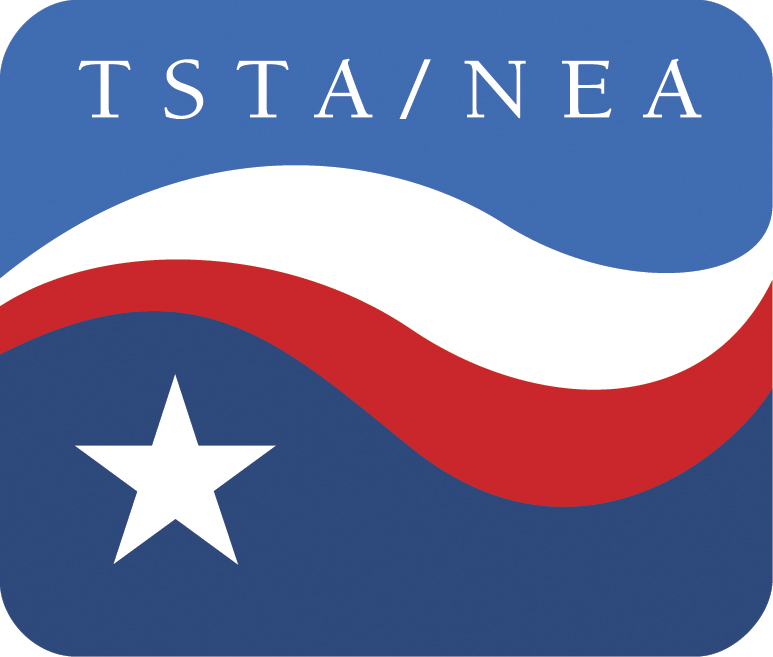Is school finance study commission the real thing…or a charade?
We soon will learn whether the Texas Commission on Public School Finance will live up to its name or merely be another charade concocted by Gov. Greg Abbott and Lt. Gov. Dan Patrick. Will it actually make recommendations to the Legislature for an improved system of funding our public schools? Or will it prove to be a waste of time and thousands of taxpayer dollars?
We may find out next Wednesday, Dec. 19, when the commission is scheduled to decide on a final report to lawmakers.
Texas’ lousy school finance system has been studied multiple times, and you may recall that this study was driven by Abbott and Patrick during a summer special session in 2017, maybe for political cover, as they were rejecting a proposal by the Texas House to add as much as $1.9 billion to public school funding. So the origins were suspicious.
Both the governor and the lieutenant governor had abysmal records on funding public education but were facing reelection campaigns. So they were eager to go through the motions of “addressing” an issue of critical importance to millions of voters.
Suspicions were rekindled several weeks ago when Abbott began floating a property tax reduction proposal that would squeeze school district budgets even more without saying how he would replace the lost revenue.
Then, things became even more suspect this week when Scott Brister, the governor’s choice to chair the study commission, said he was “uncomfortable…telling the Legislature they have to inject new money” into the school finance system.
“I don’t think that’s our job,” he said.
Well, then, Mr. Chairman, what is your job? Property tax relief? That may be part of the commission’s job, but cutting property taxes without adding significant amounts of additional education funding from the state would make a bad, underfunded school finance system worse.
State Rep. Dan Huberty, R-Houston, one of several legislators on the commission, made it clear that the Legislature must increase school funding.
“I would not be willing to sign a report that doesn’t say that we’re going to spend more money or new money on public education,” he said, comments that seem to have the support of other House members on the study commission.
Huberty was the House Public Education chairman who sponsored the $1.9 billion school funding bill that the governor and the lieutenant governor rejected the last time the Legislature was in session.
Another commission member, Nicole Conley Johnson, chief financial officer of Austin ISD, has proposed several options for raising revenue, options that may be added to an appendix of the commission’s report and all but ignored, if Brister has his way.
Brister may be “uncomfortable” asking the Legislature to increase education spending. But his discomfort pales in comparision to the discomfort felt by Conley Johnson and other Austin ISD administrators and board members. That district gives hundreds of millions of dollars a year to the state for redistribution to property poor districts, yet is dealing with high poverty among its own student body. And now it is so financially strapped it is trying to find $55 million in cuts and is considering closing 12 schools and charging students for magnet programs, among other options.
That’s what happens when the Legislature refuses to adequately fund public education and reform a woefully outdated funding structure, and Austin ISD isn’t alone.

0 Comments